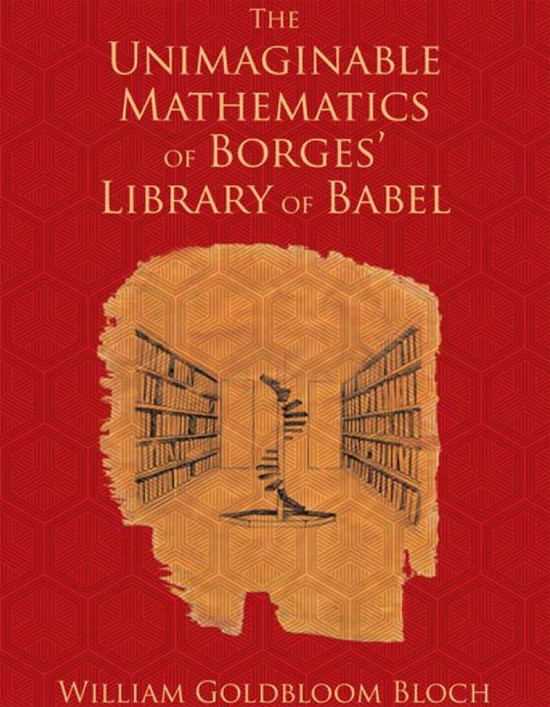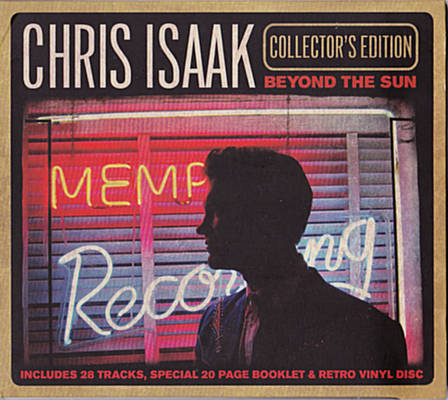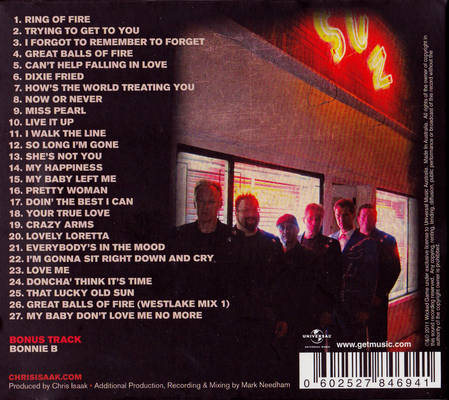Eu tenho um colar de pérolas
Enfiado para te dar:
As pérolas são os meus beijos,
O fio é o meu pesar.
A Terra é sem vida, e nada
Vive mais que o coração…
E envolve-te a terra fria
E a minha saudade não!
Se ontem à tua porta
Mais triste o vento passou
Olha: levava um suspiro…
Bem sabes quem to mandou…
Entreguei-te o coração,
E que tatos tu lhe deste!
É talvez por estar estragado
Que ainda não mo devolveste…
A caixa que não tem tampa
Fica sempre destampada
Dá-me um sorriso dos teus
Porque não quero mais nada.
Duas hora te esperei
Dois anos te esperaria.
Dize: devo esperar mais?
Ou não vens porque inda é dia?
Dias são dias, e noites
São noites e não dormi…
Os dias a não te ver
As noites pensando em ti.
Teus brincos dançam se voltas
A cabeça a perguntar.
São como andorinhas soltas
Que inda não sabem voar.
Ó minha menina loura,
Ó minha loura menina,
Dize a quem te vê agora
Que já foste pequenina…
Levas uma rosa ao peito
E tens um andar que é teu…
Antes tivesses o jeito
De amar alguém, que sou eu.
Rosa verde, rosa verde…
Rosa verde é coisa que há?
É uma coisa que se perde
Quando a gente não está lá.
Tenho vontade de ver-te
Mas não sei como acertar.
Passeias onde não ando,
Andas sem eu te encontrar.
O burburinho da água
No regato que se espalha
É como ilusão que é mágoa
Quando a verdade a baralha.
Boca com olhos por cima
Ambos a estar a sorrir…
Já sei onde está a rima
Do que não ouso pedir.
Não digas mal de ninguém,
Que é de ti que dizes mal.
Quando dizes mal de alguém
Tudo no mundo é igual.
Todas as coisas que dizes
Afinal não são verdade.
Mas, se nos fazem felizes,
Isso é a felicidade.
Todos os dias que passam
Sem passares por aqui
São dias que me desgraçam
Por me privarem de ti.
Não sei que grande tristeza
Me fez só gostar de ti
Quando já tinha a certeza
De te amar porque te vi.
Se há uma nuvem que passa
Passa uma sombra também.
Ninguém diz que é desgraça
Não ter o que se não tem.
Tens olhos de quem não quer
Procurar quem eu não sei.
Se um dia o amor vier
Olharás como eu olhei.
Ó loura de olhos tristes
Que me não quis escutar…
Quero só saber se existes
Para ver se te hei de amar.
Tenho umm livrinho onde escrevo
Quando me esqueço de ti.
É um livro de capa negra
Onde ‘inda nada escrevi.
Meu coração a bater
Parece estar-me a lembrar
Que, se um dia te esquecer,
Será por ele parar.
Tenho um desejos comigo
Que hoje te venho dizer:
Queria ser teu amigo
Com amizade a valer.
Dá-me um sorriso daqueles
Que te não servem de nada
Como se dá às crianças
Uma caixa esvaziada.





